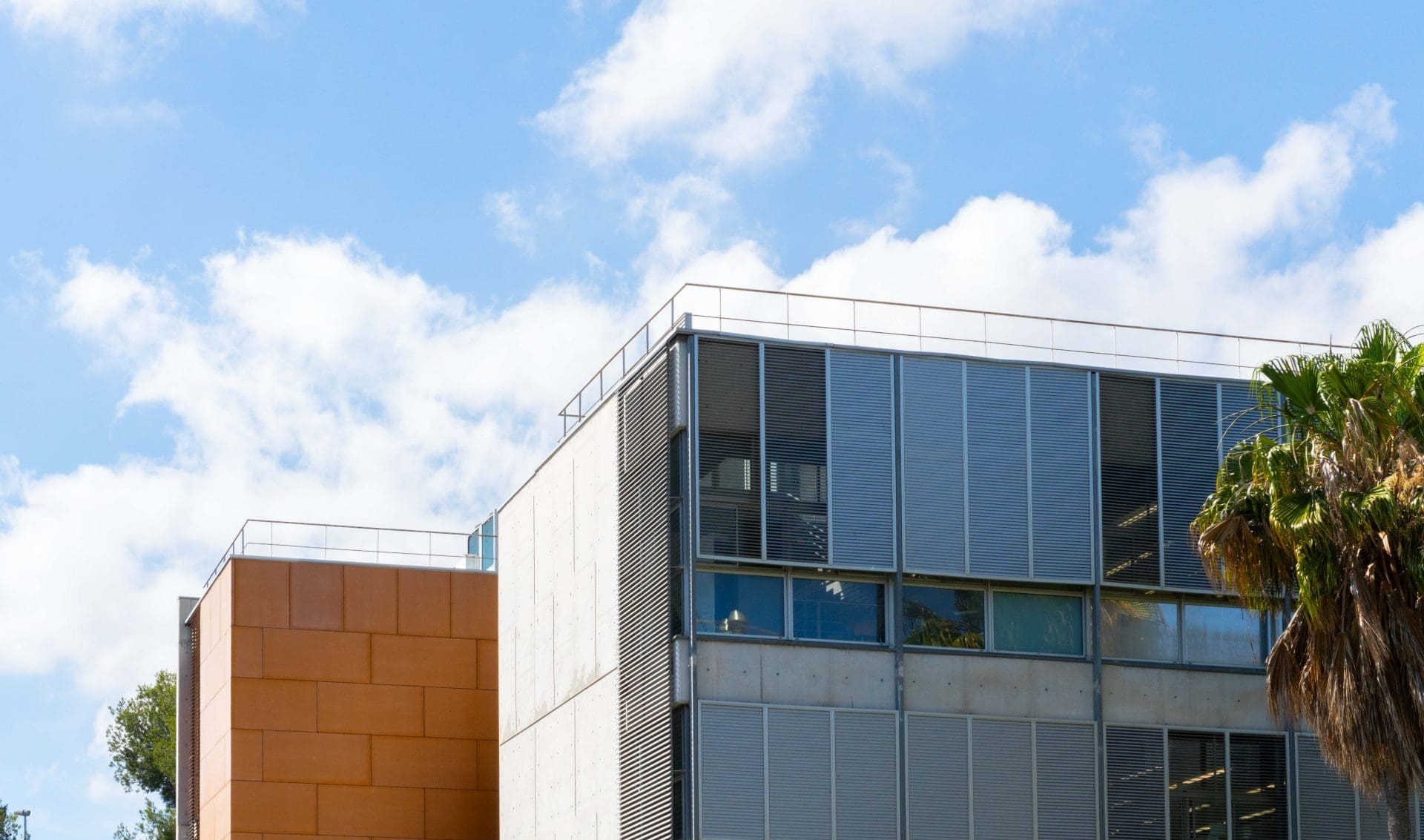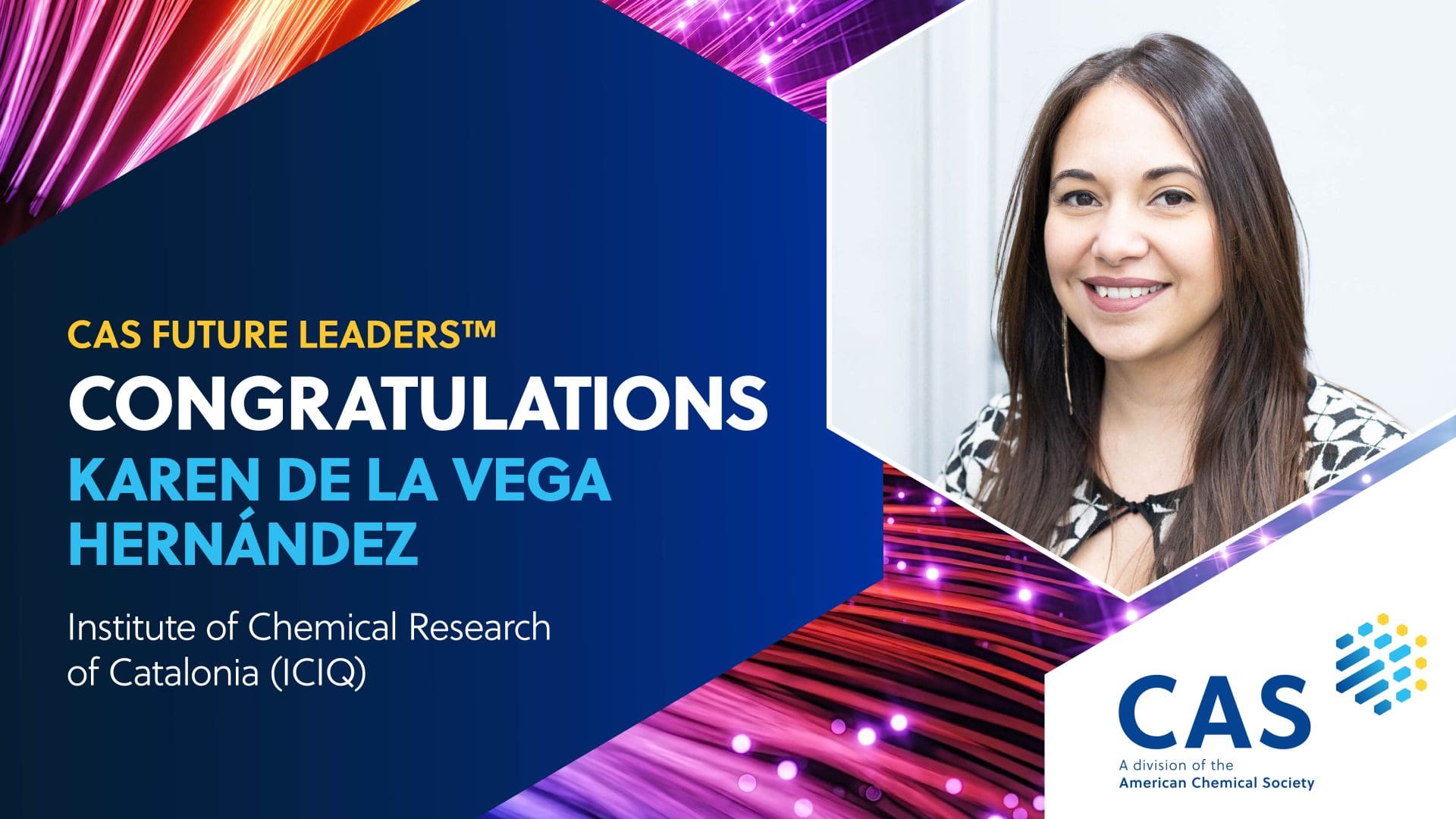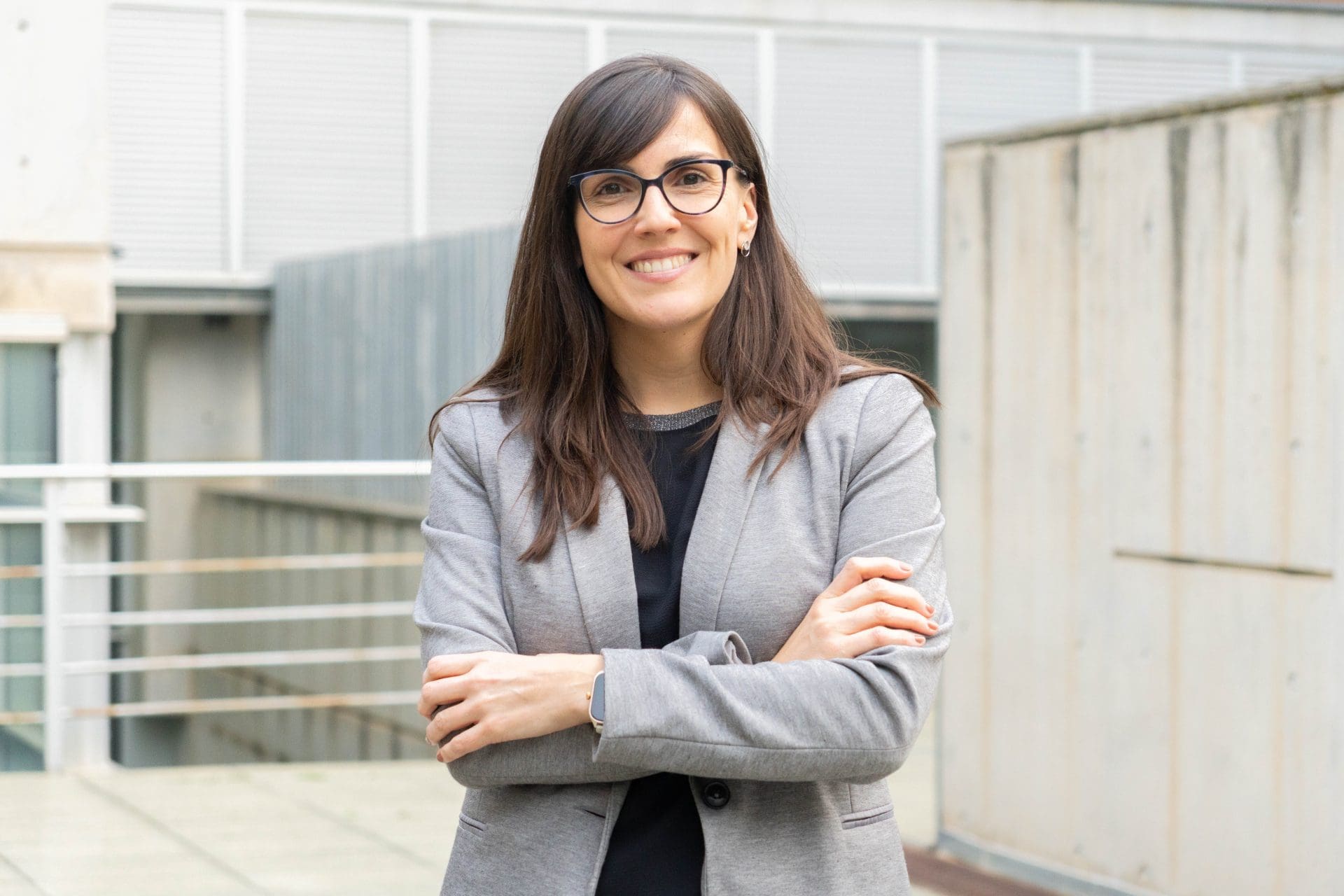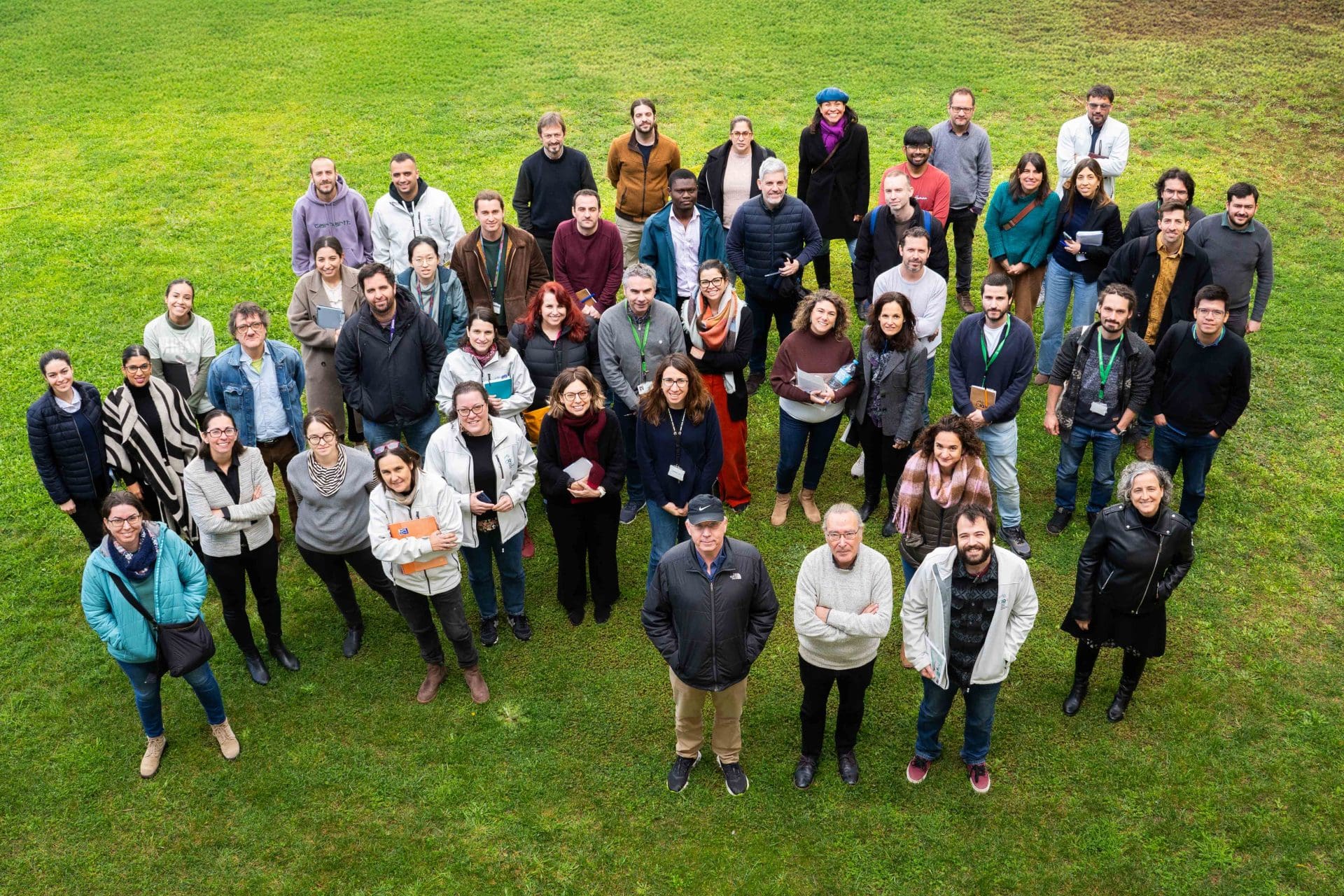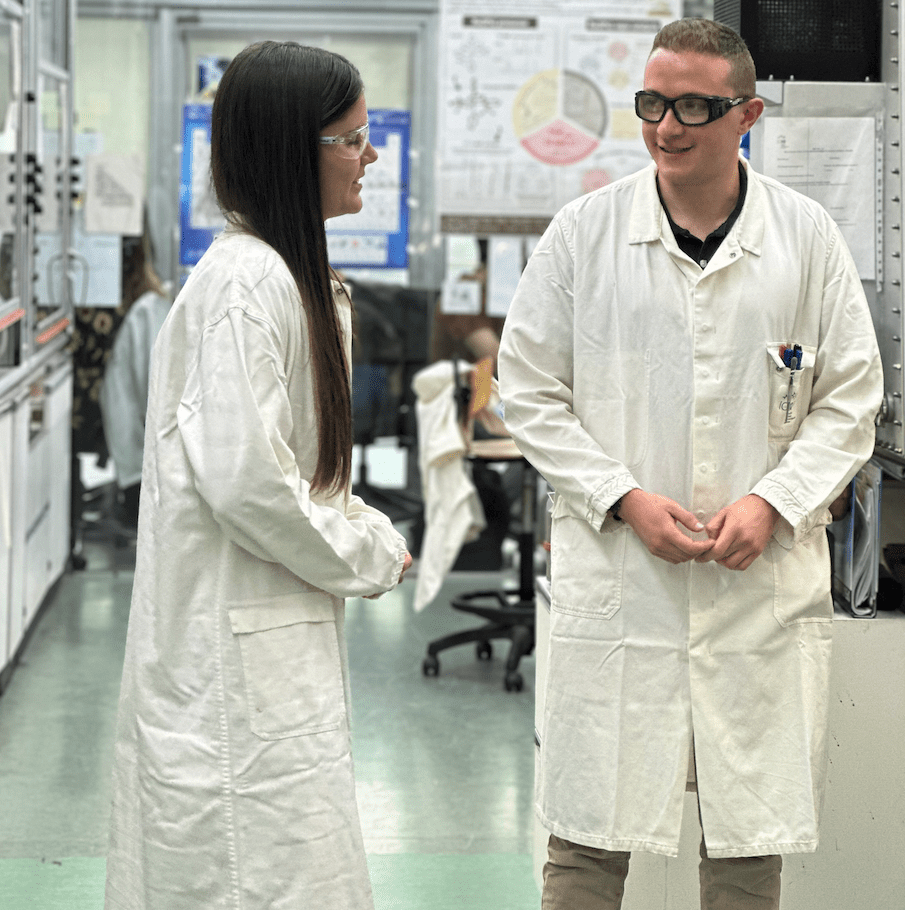Selective ensembles in supported palladium sulfide nanoparticles for alkyne semi-hydrogenation
The use of lead-poisoned palladium catalysts, introduced by Herbert Lindlar in the 1950’s, still dominates for selective hydrogenations in fine chemical applications. Nevertheless, the search for a more environmentally friendly and efficient catalyst has been a pursued goal in this field.
Now researchers from ETH Zürich, EMPA and ICIQ (Masoud Shahrokhi and Núria López) have published a paper in Nature Communications, presenting sustainable alternatives to catalysts applied to alkyne semi-hydrogenation in industrial organic synthesis. They report a simple and scalable treatment of supported palladium nanoparticles with sodium sulfide, which leads to a crystalline palladium sulfide phase with controlled crystallographic orientation. It exhibits unparalleled performance in the semi‑hydrogenation of alkynes in the liquid phase, which is rationalized at the molecular level.
Read the full story in the paper:
“Selective ensembles in supported palladium sulphide nanoparticles for alkyne semi-hydrogenation”
Davide Albani, Masoud Shahrokhi, Zupeng Chen, Sharon Mitchell, Roland Hauert, Núria López, Javier Pérez-Ramírez
Nature Communications, 2018, DOI:10.1038/s41467-018-05052-4
Further information in “Behind the Paper” (Chemistry Community, Nature).
Related news

Let's create a brighter future
Join our team to work with renowned researchers, tackle groundbreaking
projects and contribute to meaningful scientific advancements
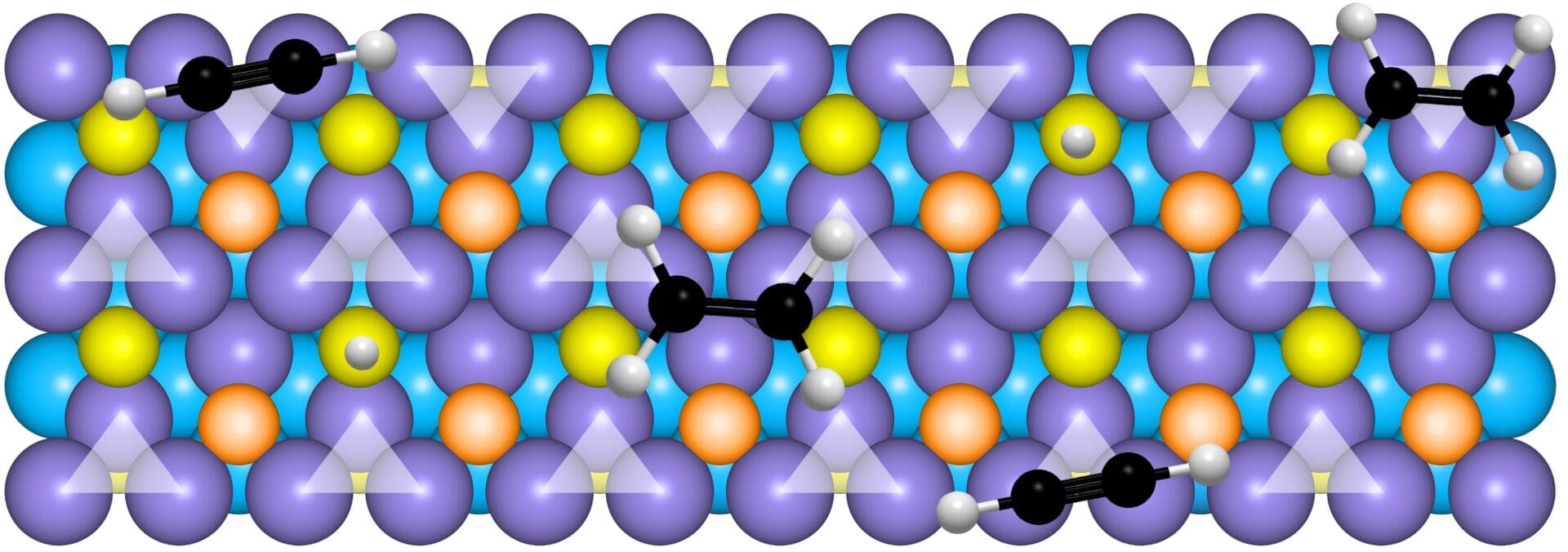





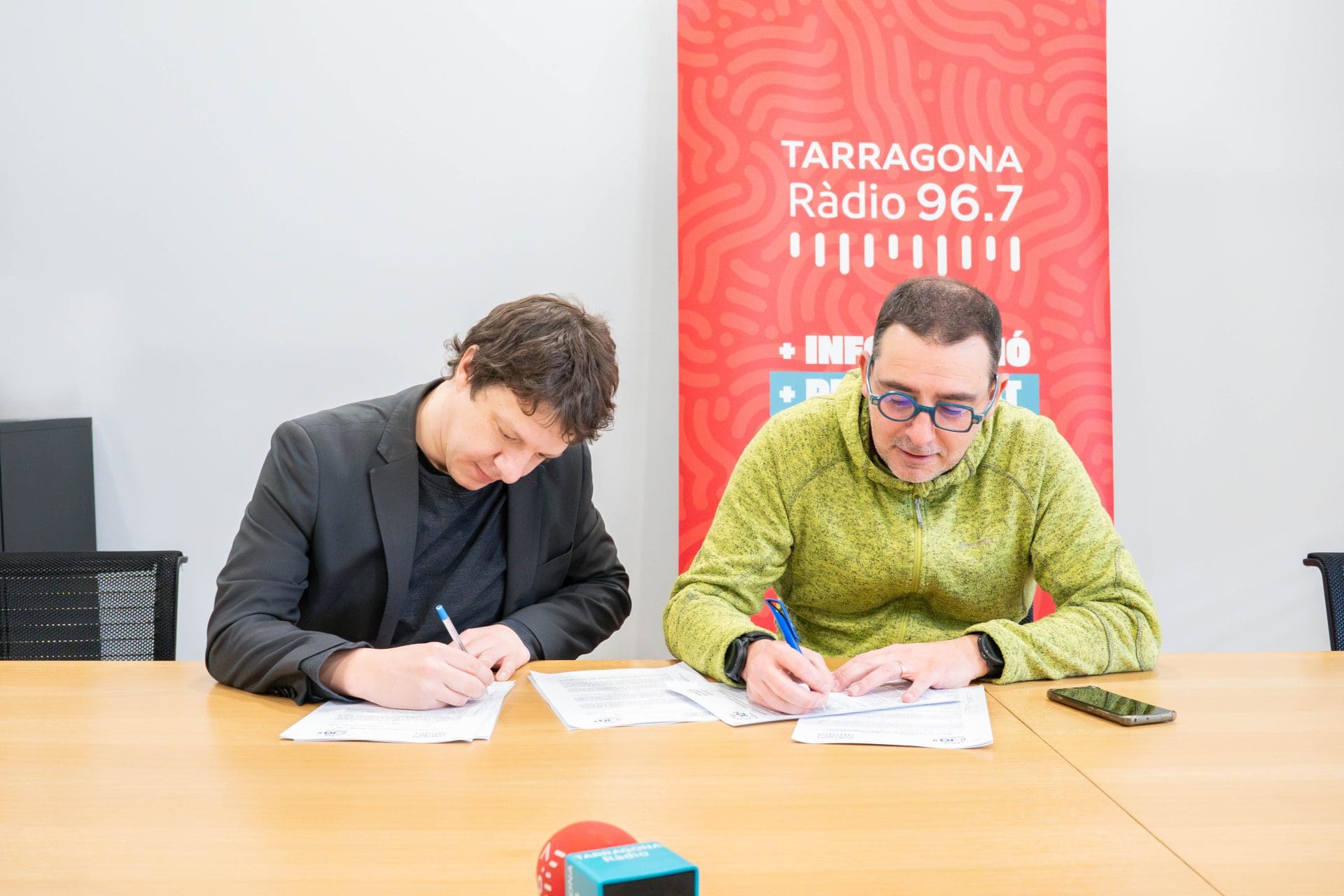
 16-04-2025
16-04-2025 